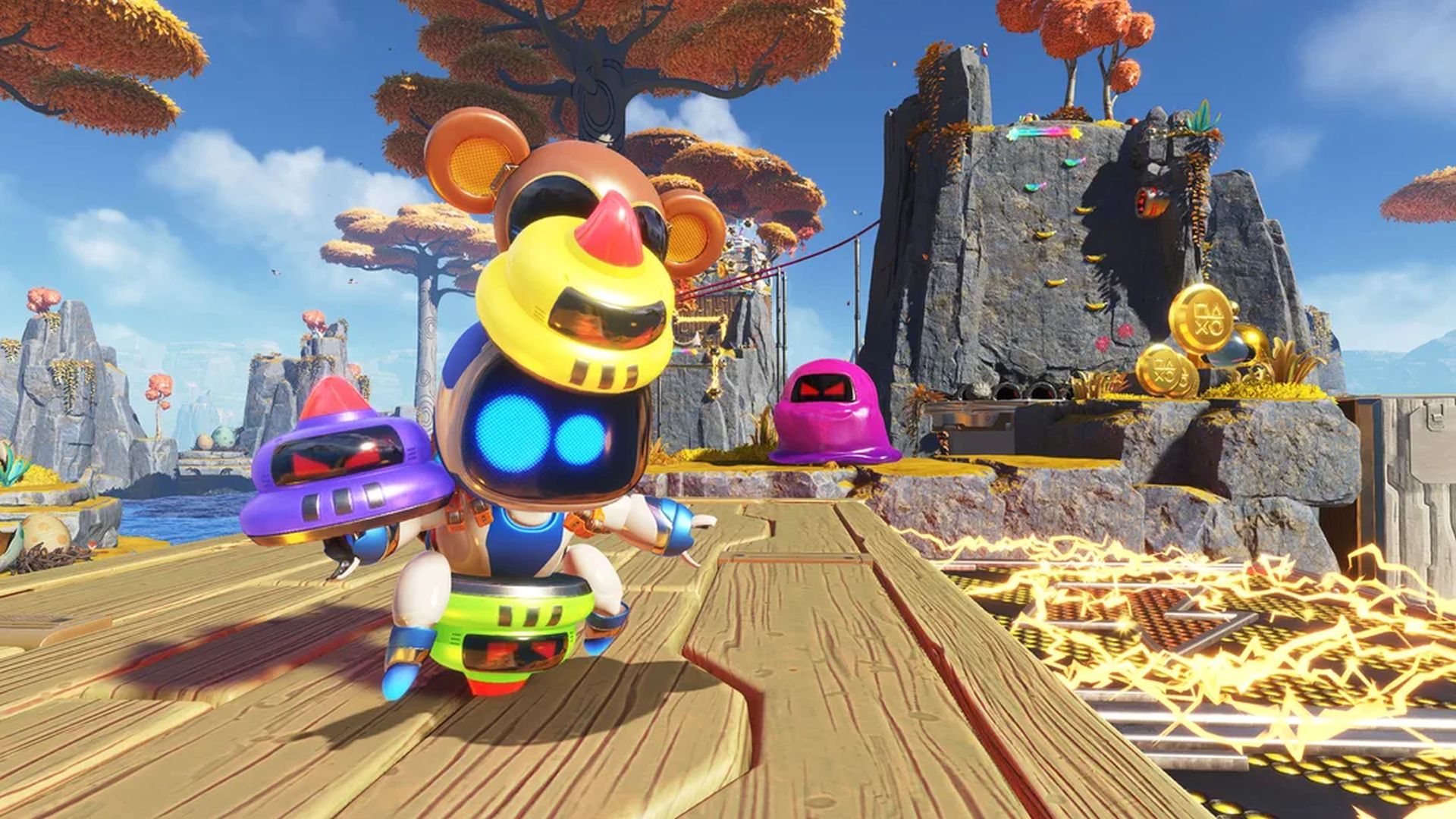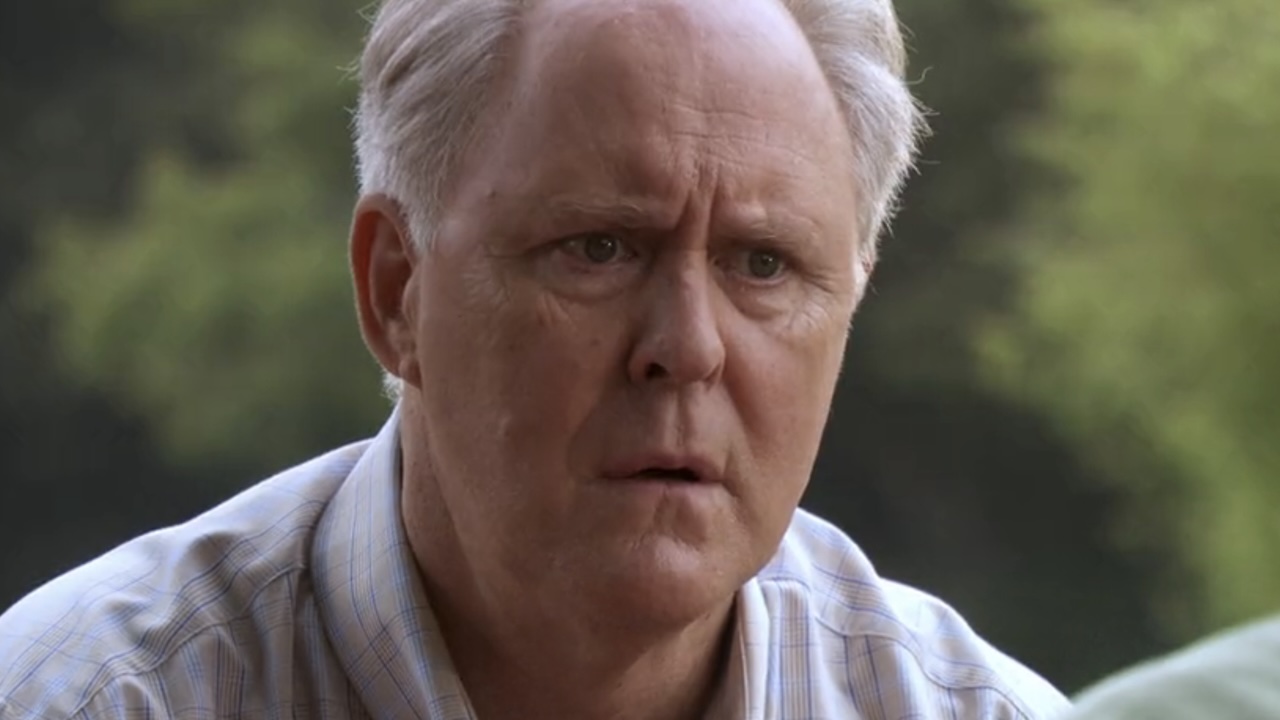Astro Bot’s Vicious Void Galaxy Levels Are Now Available

In this fresh Vicious Void Galaxy, players get to explore and find unique Special Bots from various video game series. As hinted in the following tweet, characters like Atsu from Ghost of Yōtei and her wolf companion will be joining the lineup (perfect timing for the upcoming State of Play event). We won’t give away all the newcomers, but let me tell you that some are more fantastical than others.








